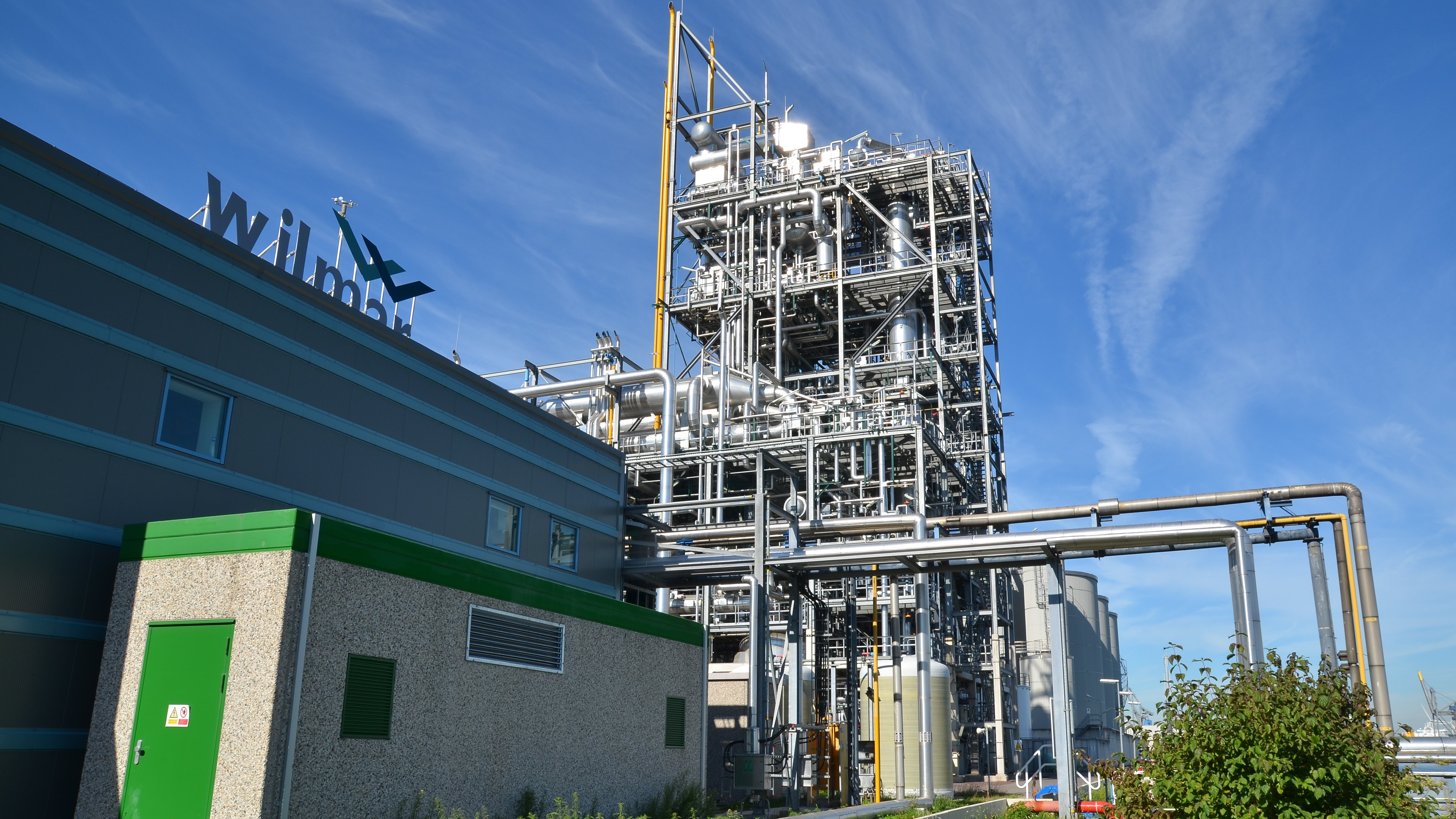Background
Wilmar International Limited, founded in 1991 and headquartered in Singapore, is one of the world’s leading agribusiness groups and is ranked among the largest listed companies by market capitalisation on the Singapore Exchange.
The company’s business activities include oil palm cultivation, oilseed crushing, edible oil refining, sugar milling and refining, specialty fat, oleo chemical, biodiesel and fertiliser manufacturing and grain processing. It has over 500 manufacturing plants and an extensive distribution network and is backed by a multinational workforce of more than 90,000 people.
Wilmar’s oleo chemicals manufacturing operations has production facilities in China, Malaysia, Indonesia, The Netherlands, France and Belgium. With new facilities operating successfully in China and Indonesia, Wilmar recently introduced a new plant in The Netherlands – based on the successful format deployed in Asia – but it hit an issue when it was unable to use the primary compressor at full load on plant start-up due to limited power supply available. After reviewing various options without success, Wilmar turned to Rockwell Automation and its industry leading PowerFlex® 7000 Active Front End Direct-to-Drive™ drive.
Challenge
According to Arief Santosa, Technical Engineer at the Rotterdam plant: “At the plant we use methyl ester from palm oil to create fatty alcohols for subsequent use in the food and chemicals industry. This intermediate chemical is then sold to other parties for additional processing – such as ethoxylation – where the resulting products are eventually used in cleaning gels as a surfactant and for cosmetics.
“The methyl ester raw material goes through a high temperature, high-pressure hydrogenation process,” he continues, “which relies heavily on the performance of the compressor. After hydrogenation the product then passes through a refining/distilling process to produce the fatty alcohol end product.”
The facility in the Netherlands relies on the compressor to dictate the speed of flow and circulation of the product through the hydrogenation processes. The inability to start the compressor at full load and limitation requirements to ramp it up slowly to the required pressure had a huge impact on overall factory down-time and resulted in an inefficient production.
When the plant was being commissioned, Wilmar and the compressor manufacturer found that they were unable to start the compressor at the required 38 bar (g). “We were being forced to reduce the hydrogenation loop pressure to 15 bar (g) due to the available starting current,” Santosa explains. “At this pressure the gas compression and weight is lower, which makes it easier for the compressor to turn, but it did not suit our processing demands. We maintained this configuration for a while, but eventually we had discussions with the installer, the power company and the compressor supplier only to be told that the power from the grid there was not sufficient to start the compressor at full load. Mechanical solutions and injections systems would have consumed too much power, so at this stage, we talked with Rockwell Automation who had supplied other elements of the plant, to see if a more suitable solution was available.”

